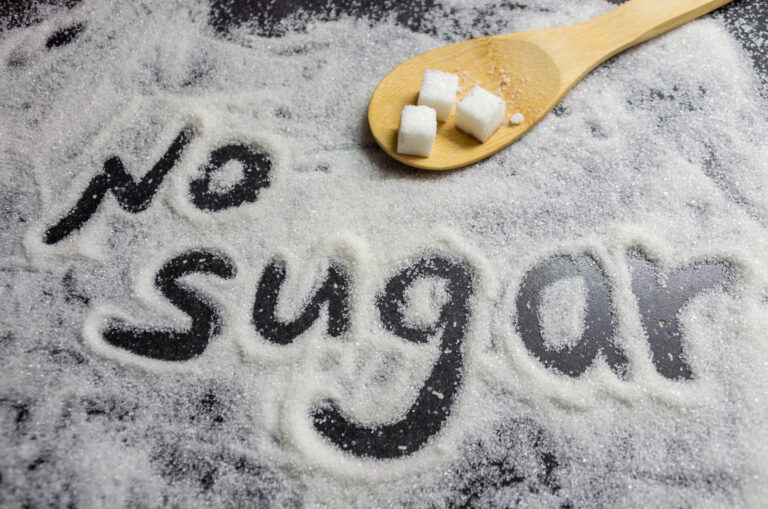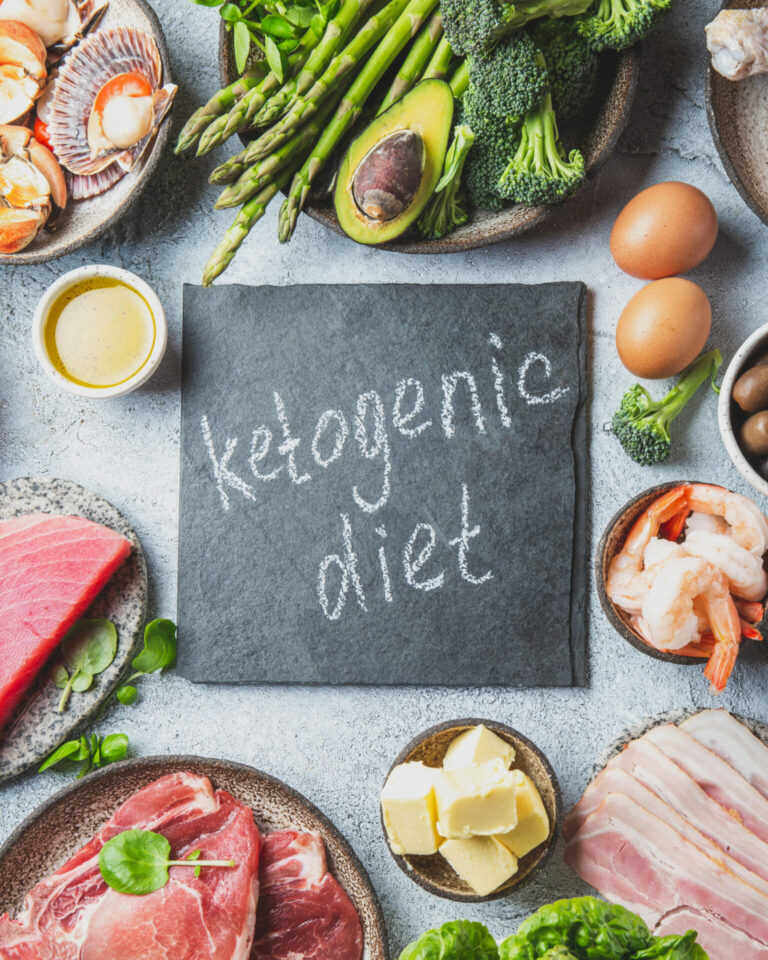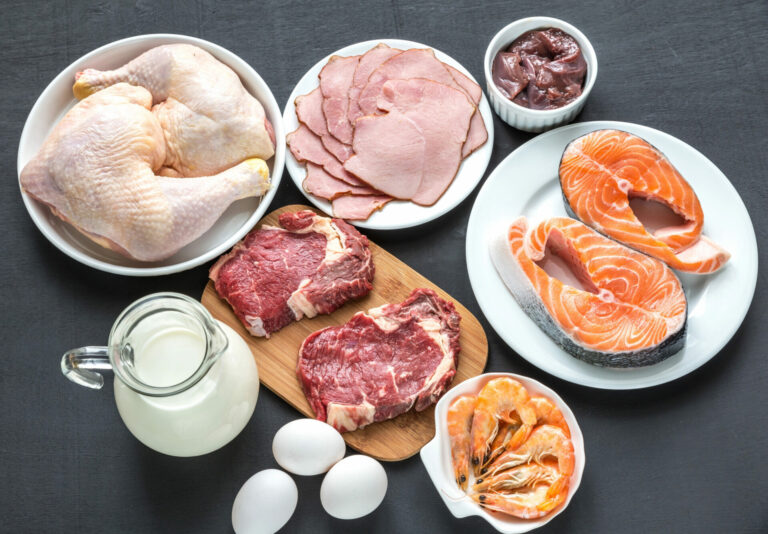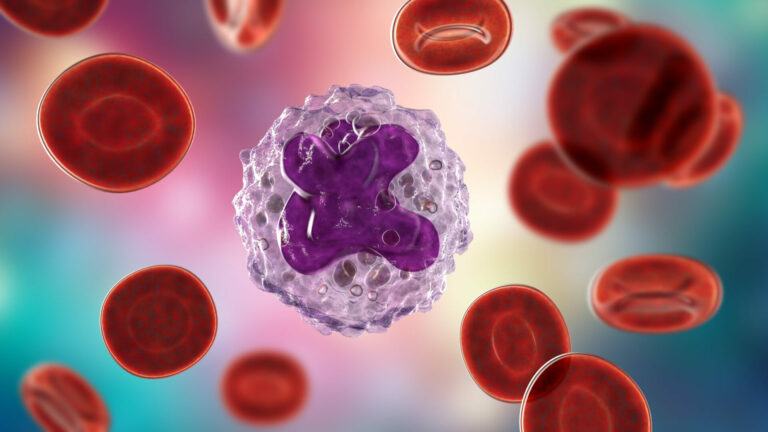Nutrition For Athletes – Optimizing Performance
Note: This post may contain affiliate links. We may earn a commission, at no additional cost to you, if you make an purchase via our links. See our affiliate disclaimer for more information.
Macronutrients are the Foundation
For athletes, proper nutrition is key to optimizing performance, recovery, and overall health. At the heart of athletic nutrition are macronutrients—carbohydrates, proteins, and fats—which provide the essential fuel and building blocks the body needs for intense physical activity.
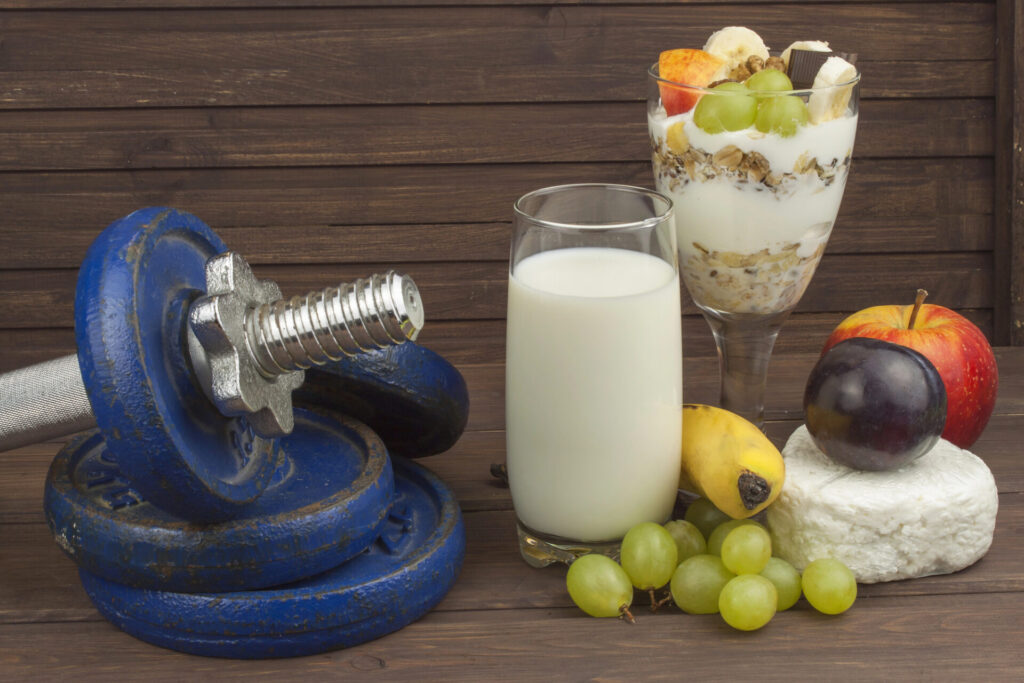
Carbohydrates: The Primary Energy Source
Carbohydrates are athletes’ primary energy source, particularly during high intensity activities. When consumed, carbs are broken down into glucose, which fuels muscle contractions and powers the brain.
Athletes need sufficient glycogen stores (the stored form of glucose in muscles and the liver) to sustain prolonged activity and prevent fatigue. Simple carbs like fruits and energy gels provide quick energy, while complex carbs like whole grains, sweet potatoes, and legumes offer a more sustained release.
Protein: Essential for Muscle Repair and Growth
Protein is one of the most important elements in muscle repair, recovery, and growth, especially after strenuous exercise. When athletes engage in strength training or endurance activities, muscle fibers experience small tears that need to be repaired.
Protein provides the amino acids necessary for rebuilding these muscles, resulting in increased strength and mass over time. Athletes should prioritize high-quality protein sources such as lean meats, fish, eggs, dairy products, and plant-based options like tofu and legumes.
Fats: Supporting Endurance and Hormonal Balance
Healthy fats are another essential macronutrient for athletes, providing a concentrated source of long-lasting energy, particularly during low- to moderate intensity activities. Fats are also involved in hormone production, including hormones that regulate metabolism and recovery.Omega-3 fatty acids, found in foods like salmon, flaxseeds, and walnuts, are known for their anti-inflammatory properties, which can aid in reducing exercise-induced inflammation. Including a variety of healthy fats—such as those from avocados, nuts, seeds, and olive oil—helps athletes maintain energy levels, support recovery, and enhance overall performance.
Optimizing Function with Micronutrients
While macronutrients provide the fuel and building blocks for athletic performance, micronutrients—vitamins and minerals—are equally essential for supporting overall function, energy metabolism, and recovery.
These nutrients, though required in smaller amounts, contribute to the process that allows the body to perform at its peak.
Vitamins: Supporting Energy and Recovery
Vitamins are essential for a wide range of functions, from energy production to tissue repair. For example, B vitamins (such as B6, B12, and folate) act to convert carbohydrates, fats, and proteins into usable energy, making them essential for athletes who require high energy output.
- Vitamin C is important for immune support and collagen production, aiding in the repair of tissues like tendons and ligaments that are frequently stressed during exercise.
- Vitamin D, which helps the body absorb calcium, is integral to bone health and muscle function.
Minerals: Essential for Muscle Function and Hydration
Minerals like calcium, magnesium, potassium, sodium, and iron are key to muscle function, hydration, and oxygen transport—factors that directly affect athletic performance.
- Electrolytes such as sodium, potassium, and magnesium help regulate fluid balance and muscle contractions. During intense or prolonged exercise, athletes lose these electrolytes through sweat, which can lead to muscle cramps, fatigue, or even heat exhaustion if not replenished.
- Iron is another important mineral for athletes, particularly for those involved in endurance sports. It is directly involved in oxygen transport, as it is a key component of hemoglobin, the protein in red blood cells that carries oxygen to muscles.
Timing and Meal Planning
Nutrition is a major focus in preparing for, sustaining, and recovering from exercise. Whether you’re an endurance athlete, strength trainer, or involved in high-intensity sports, understanding what to eat before, during, and after workouts can significantly impact performance and recovery.

Pre-Exercise Nutrition
Pre-exercise nutrition is essential for providing the energy your body needs to perform optimally during physical activity. Ideally, the focus should be on consuming carbohydrates and protein to ensure glycogen stores are topped off and that your muscles are primed for activity.
For those engaging in longer or more intense workouts, it’s important to avoid high-fat or overly fibrous foods pre-exercise, as they can slow digestion and lead to discomfort during activity.
Intra-Exercise Nutrition
During exercise, especially sessions lasting longer than an hour, maintaining energy levels and staying hydrated go hand in hand with performance. For activities lasting less than an hour, water is often sufficient to keep you hydrated.
However, for endurance events (like long-distance running, cycling, or team sports), athletes may benefit from consuming easily digestible carbohydrates and electrolytes to keep energy levels steady and avoid fatigue.
The goal during exercise is to provide a quick energy source and replenish electrolytes lost through sweat. A general recommendation is to consume around 30-60 grams of carbohydrates per hour during prolonged exercise, depending on the intensity and duration.
Post-Exercise Nutrition
Post-exercise nutrition supports recovery, muscle repair, and replenishing depleted glycogen stores.
The body is most responsive to nutrient intake in the “anabolic window,” typically 30-60 minutes after exercise when muscles are primed to absorb nutrients. A combination of carbohydrates and protein is key, as protein helps with muscle repair and growth, while carbohydrates restore glycogen levels.
Proper hydration post-exercise is also important, as rehydrating with water or electrolyte drinks helps replenish fluids lost during the workout.
Final Thoughts
The exact nutritional needs before, during, and after exercise can vary depending on the type of athlete you are and the sport you participate in.
For example, endurance athletes, such as marathon runners or cyclists, require a higher intake of carbohydrates to sustain prolonged activity. In contrast, strength athletes, like weightlifters, may prioritize protein intake to support muscle repair and growth.
High-intensity athletes, such as sprinters or CrossFit athletes, often benefit from a balance of quick-digesting carbs for energy and protein for muscle recovery. Tailoring your nutrition strategy to your sport, body type, and goals ensures you’re fueling properly for optimal performance and recovery.


